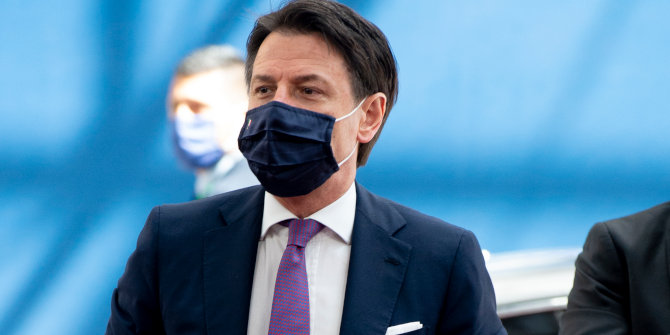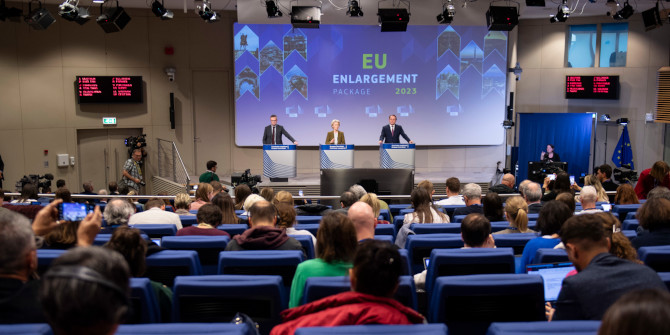The EUROPP team take a look at some of the latest developments in Brussels and across Europe
EU top jobs and sanctions on Russia
Following Jean-Claude Juncker’s confirmation as Commission President on Tuesday, attention has shifted to the other top jobs still to be determined within the EU. The European Council discussed the issue on Wednesday, but without deciding who should replace Herman Van Rompuy as President of the European Council or Catherine Ashton as the EU’s High Representative for Foreign Affairs.

Charlemagne’s notebook has an overview of the European Council meeting, noting that Italian prime minister Matteo Renzi’s proposal for Federica Mogherini to be appointed High Representative for Foreign Affairs met with opposition from some eastern European states who feel that she is too ‘pro-Russian’ to take on the role given the on-going crisis in Ukraine.
As Peter Spiegel at the FT’s Brussels blog writes, Ukraine ended up dominating most of the discussions, with some information suggesting the EU was prepared to increase the severity of sanctions on Russia. The issue was subsequently given greater importance after the crash of Malaysia Airlines flight 17 on Thursday. Judy Dempsey at Strategic Europe assesses some of the implications of the crash for the West’s relationship with Russia moving forward.
The Eurozone as a voting bloc
One of the most common concerns expressed by British Eurosceptics is that closer integration in the Eurozone could lead to non-euro states being left on the outside of EU negotiations. But are such concerns justified? John Springford at the Centre for European Reform takes a look at the issue, arguing that the economic interests of euro and non-euro states are so closely aligned that it is doubtful whether a Eurozone ‘caucus’ would ever materialise in practice.
Chart of the week: Health spending across the OECD
The OECD released updated healthcare statistics for its members at the end of last month, showing substantial variation between different states on a number of different indicators. The total expenditure on health as a percentage of GDP in each country is shown in the Chart below. In terms of European states, the Netherlands has the highest level of expenditure as a percentage of GDP, with Estonia coming last of EU states, just ahead of Turkey.
Chart: Total expenditure on health as a percentage of GDP in OECD countries (2012)
Note: Figures are for 2012 with the exception of Australia, New Zealand and Spain (all 2011). For a full explanation of what is included in the OECD’s measure of expenditure see here.
Please read our comments policy before commenting.
Note: This article gives the views of the author, and not the position of EUROPP – European Politics and Policy, nor of the London School of Economics.
Shortened URL for this post: http://bit.ly/Ufp3jm






